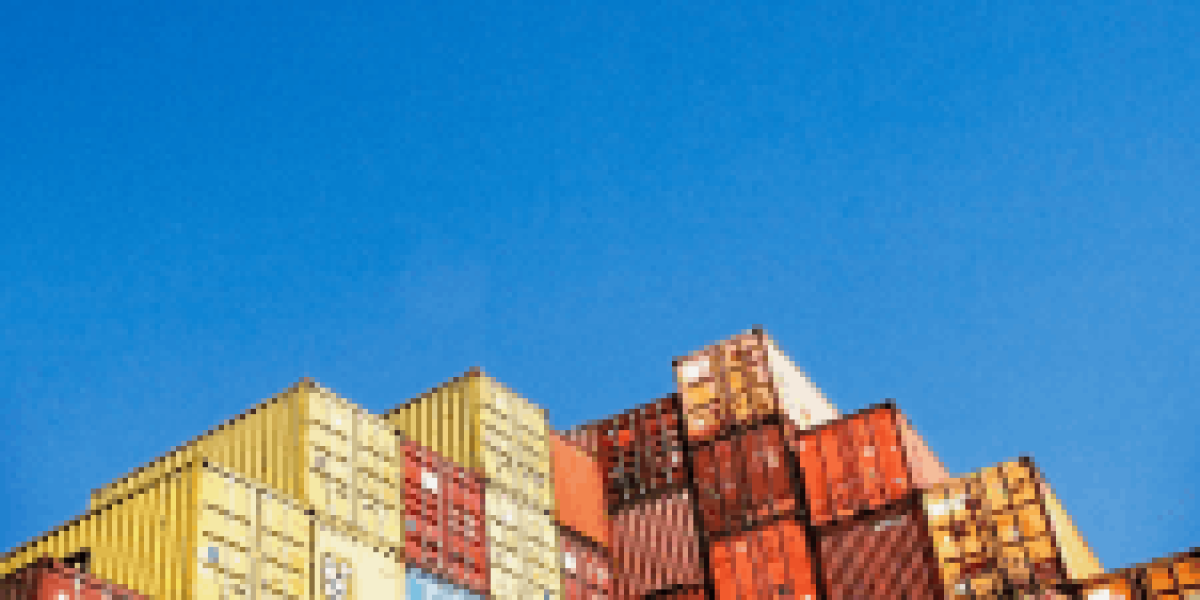When companies are transporting and handling hazardous materials, it is essential to prioritise safety and adhere to industry regulations and guidelines.
Failure to handle dangerous goods properly can lead to disastrous consequences, including harm to individuals, damage to the environment, and public safety. That’s why comprehensive training in handling dangerous goods is of the utmost importance.
What are the industry requirements?
Regulations
Government organisations and industry regulatory bodies have established stringent regulations and guidelines to govern the handling, storage, and transportation of dangerous goods. One of the prominent regulations is the United Nations’ Globally Harmonized System of Classification and Labelling of Chemicals (GHS), which provides a standardized approach to classifying and communicating the hazards of chemicals.
There are specific regulations for the transportation of dangerous goods by air, sea, rail, inland waterways and road. These regulations outline packaging requirements, labelling, and marking standards, documentation procedures, and safety protocols for the different classes of hazardous goods.
Best Practices in Handling Dangerous Goods
To handle dangerous goods safely, it is crucial to follow industry requirements. These include:
Proper Packaging and Labelling: Dangerous goods must be packaged in containers that are suitable for the material being transported.
Labels and markings should clearly indicate the nature of the hazardous material, its associated risks, and any necessary handling precautions.
Documentation and Record-Keeping: Accurate documentation is essential for reporting and auditing. This includes maintaining records of training, products identification, shipment quantities, and origin of the hazardous materials, as well as the relevant safety data sheets (SDS).
Training and Competency: Proper training is the foundation of ensuring the safe handling of dangerous goods. Individuals involved in the transportation, storage, or handling of hazardous materials must receive comprehensive training on the specific regulations, risks, and procedures associated with the materials they work with. This training should cover topics such as proper handling techniques, emergency response procedures, and the use of personal protective equipment (PPE)
Competency-based training assessments are now a requirement for those undertaking Dangerous Goods by Air Shipping, read more here.
What does training provide?
Protecting Individuals: The prime objective of dangerous goods training is to protect the well-being of individuals who come into contact with hazardous materials. Proper training equips workers with the knowledge and skills needed to identify potential hazards, mitigate risks, and respond effectively in case of emergencies.
Safeguarding the Environment: Mishandling of dangerous goods can have severe environmental consequences. For instance, improper disposal or leakage of hazardous chemicals can contaminate soil, water bodies, and air, leading to long-lasting damage to ecosystems. Competent training ensures that individuals understand and consider what factors contribute to these risks.
Ensuring Public Safety: Dangerous goods are often transported through public spaces, including roads, railways, and airports. Inadequate handling of these materials increases the risk of accidents, fires, or explosions, posing a significant threat to public safety. Proper training reduces the chance of such incidents by promoting compliance with regulations, encouraging the adoption of safe practices, and improving overall awareness of the risks associated with dangerous goods.
Understanding the essentials of dangerous goods training is crucial for anyone involved in the transportation, storage, or handling of hazardous materials.
Having a competent training programme ensures compliance with the regulations and provides the framework for ensuring the safe handling of dangerous goods.
By prioritising dangerous goods training, we can mitigate risks, prevent accidents, and foster a culture of safety when dealing with hazardous materials.




